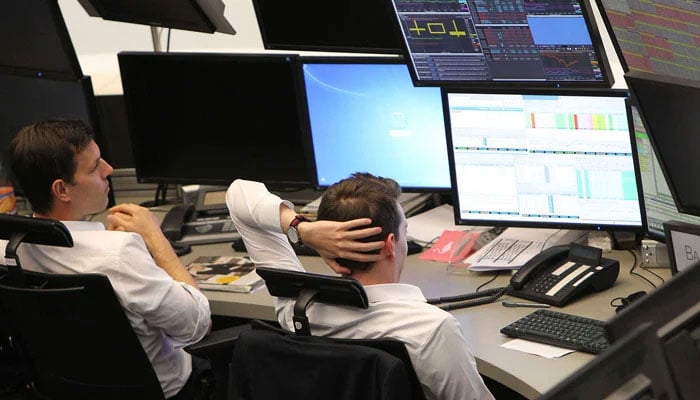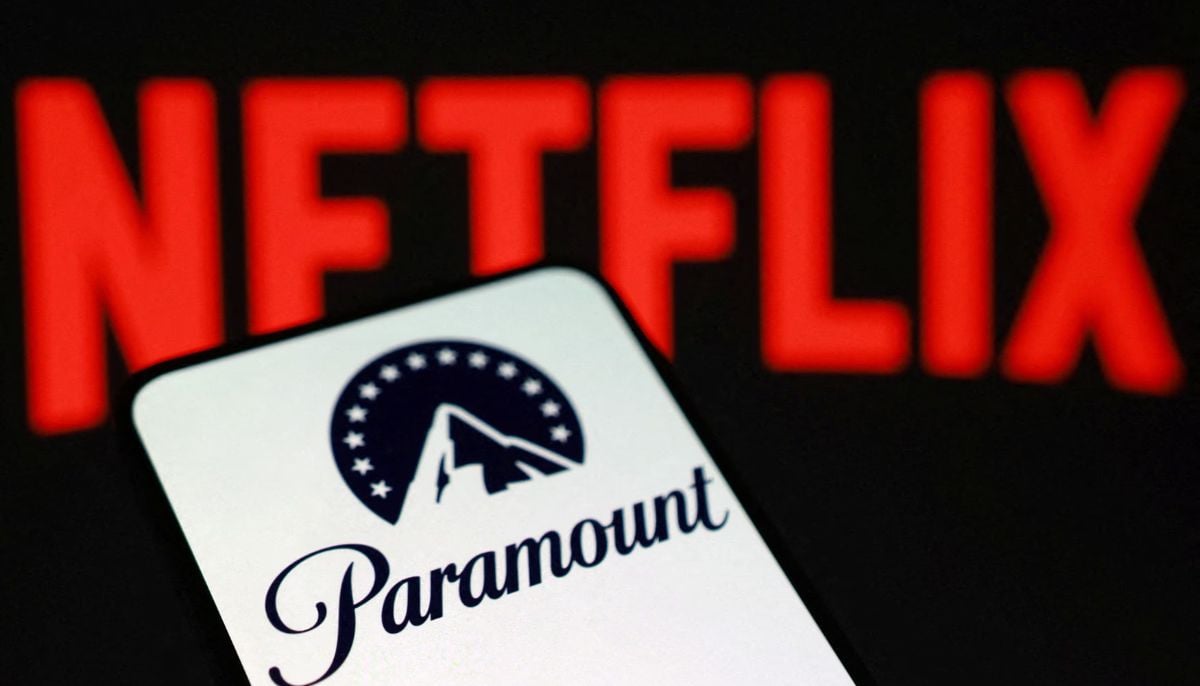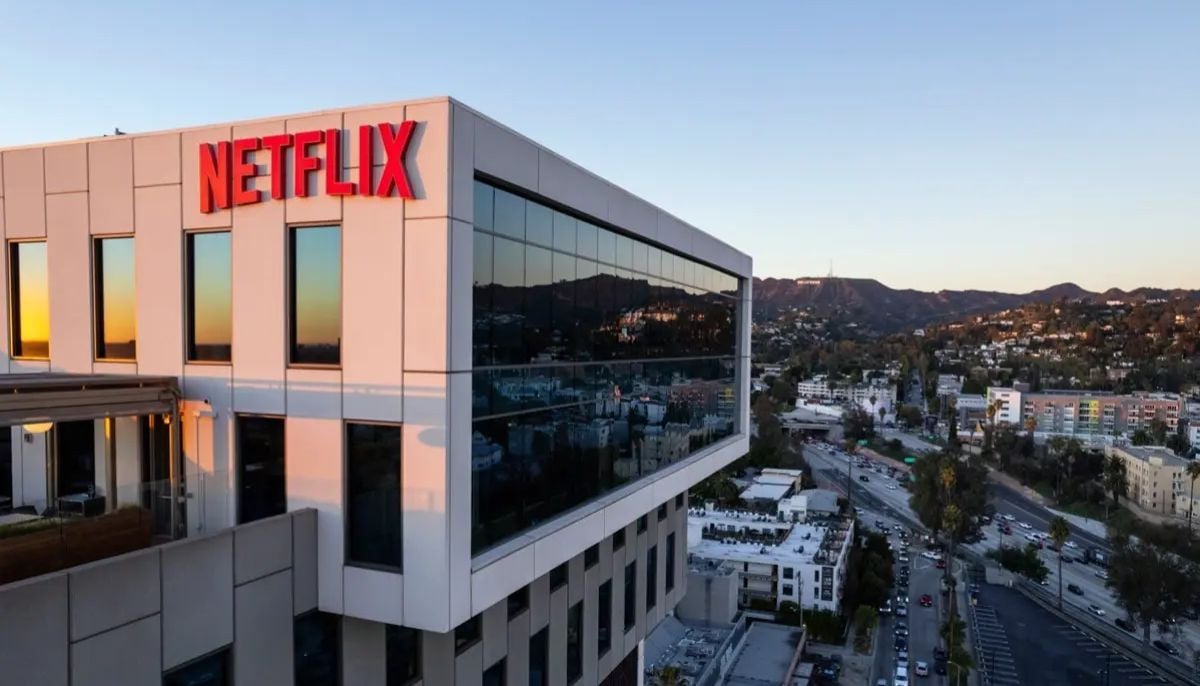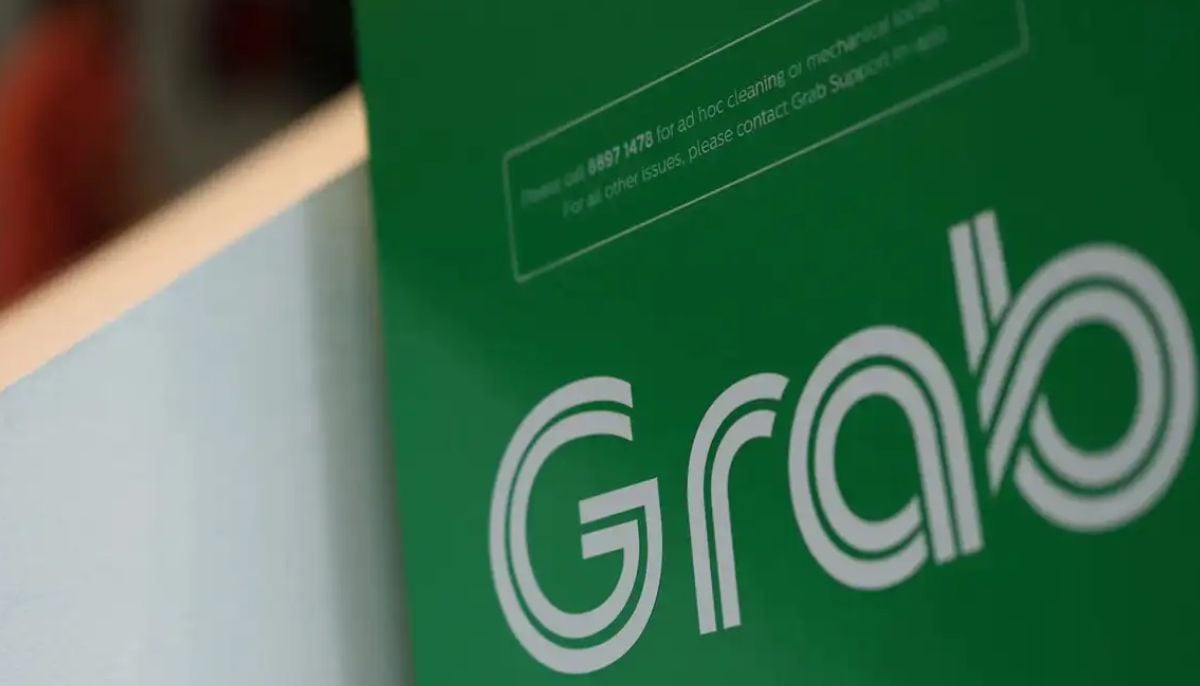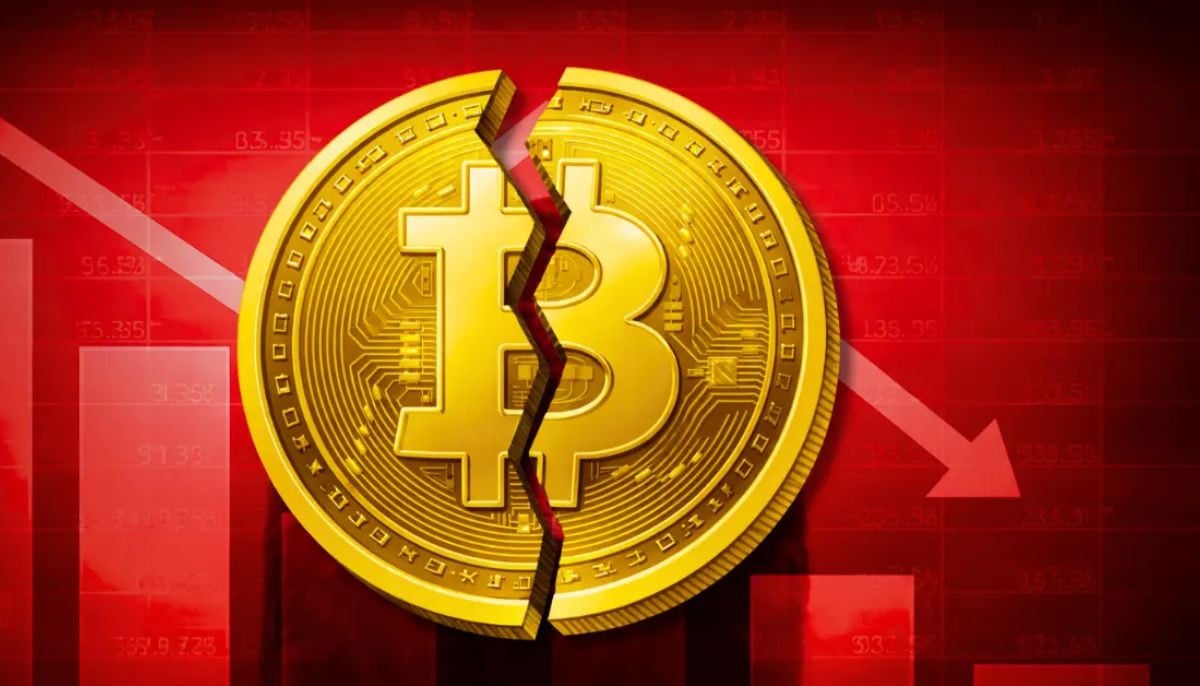European stock markets struggle to recover
After climbing Monday, global equities retreated Tuesday as volatility grips financial markets
LONDON: European stock markets struggled to mount a rebound Wednesday as investors weighed the fallout from surging inflation, higher interest rates, China's economic slowdown and the Ukraine war.
After climbing Monday, global equities retreated Tuesday as volatility grips financial markets.
A series of weak indicators around the world and downbeat forecasts from big firms have chilled trading floors in recent weeks as the surge in prices begins to drag on consumer confidence, with warnings now swirling of a possible global recession.
The tech sector was again in the firing line after Snap, the parent of social media app Snapchat, provided a gloomy economic outlook, sending its shares diving more than 40% on Wall Street Tuesday.
Wall Street titans followed Snap down, with Facebook-parent Meta and Google-parent Alphabet tanking.
"The feel good factor from earlier in the week has fizzed away but there is still some element of relief washing through the financial markets that the crutch of cheap money isn't going to be withdrawn quite so quickly," noted Susannah Streeter, senior investment and markets analyst at Hargreaves Lansdown.
She said expectations that the Federal Reserve would avoid hiking US interest rates by as much as 0.75% in one go to bring down inflation "helped lift the Dow Jones (Tuesday)... and has steadied overall market sentiment".
Investors are awaiting the Fed's next move on interest rates, with expectations for more half-point hikes to come as officials struggle to bring inflation down from four-decade highs.
Minutes from the Fed's most recent policy meeting are due Wednesday.
Traders are also closely watching China, which continues to struggle with the fast-spreading Omicron coronavirus variant.
The world's second biggest economy is sticking to its zero-Covid strategy despite the dire impact of lockdowns on growth.
And with no easing of that policy in sight, observers warned that a series of recent support measures would not be enough to lift optimism.
"Fiscal multipliers will be minimal in an economy where economic interaction and activity have slowed sharply," said Stephen Innes of SPI Asset Management.
"Moving beyond mobility restrictions in short order is a pre-condition, but not a guarantee, for an Asia-led economic recovery."
Russia's invasion of Ukraine has meanwhile put financial markets under renewed stress by driving up prices and impeding growth, the European Central Bank said in a report published Wednesday.
Inflation in the eurozone, as elsewhere, has accelerated as costs for energy, agricultural goods and raw materials have risen sharply.
Key figures at around 1115 GMT
London - FTSE 100: UP 0.4% at 7,516.88 points
Frankfurt - DAX: UP 0.1% at 13,928.16
Paris - CAC 40: FLAT at 6,255.34
EURO STOXX 50: UP 0.1% at 3,651.30
Tokyo - Nikkei 225: DOWN 0.3% at 26,677.80 (close)
Hong Kong - Hang Seng Index: UP 0.3% at 20,171.27 (close)
Shanghai - Composite: UP 1.2% at 3,107.46 (close)
New York - Dow: UP 0.2% at 31,928.62 (close)
Euro/dollar: DOWN at $1.0667 from $1.0739 on Tuesday
Pound/dollar: DOWN at $1.2496 from $1.2535
Euro/pound: DOWN at 85.36 pence from 85.64 pence
Dollar/yen: UP at 127.07 yen from 126.86 yen
Brent North Sea crude: UP 1.0% at $114.74 per barrel
West Texas Intermediate: UP 1.3% at $111.22 per barrel
-
BTC price today: Bitcoin sinks below $65K on trade uncertainty
-
Tesla expands Cybertruck lineup with affordable model in US, slashes Cyberbeast price to boost demand
-
Uber enters seven new European markets in major food-delivery expansion
-
Will Warner Bros finalize deal with Paramount or stays loyal with Netflix's offer?
-
$44 billion Bitcoin blunder: Bithumb exchange apologizes for accidental payout
-
Global memory chip crunch puts spotlight on Apple; Will iPhone become more pricey?
-
Bitcoin plummets toward $60,000 as investors dump risky bets
-
Bitcoin crashes below $63K as regulatory pressure and market fears grow
